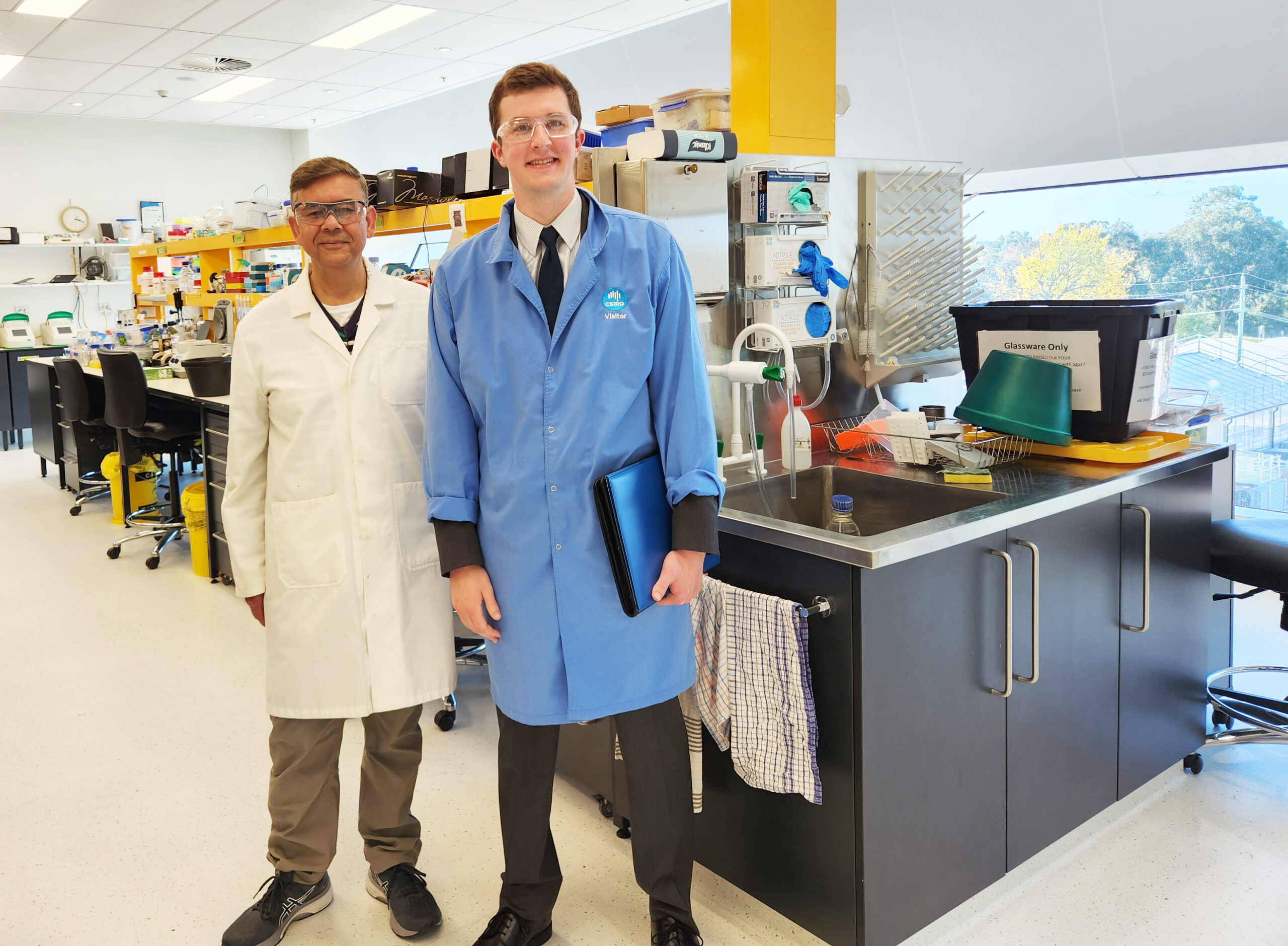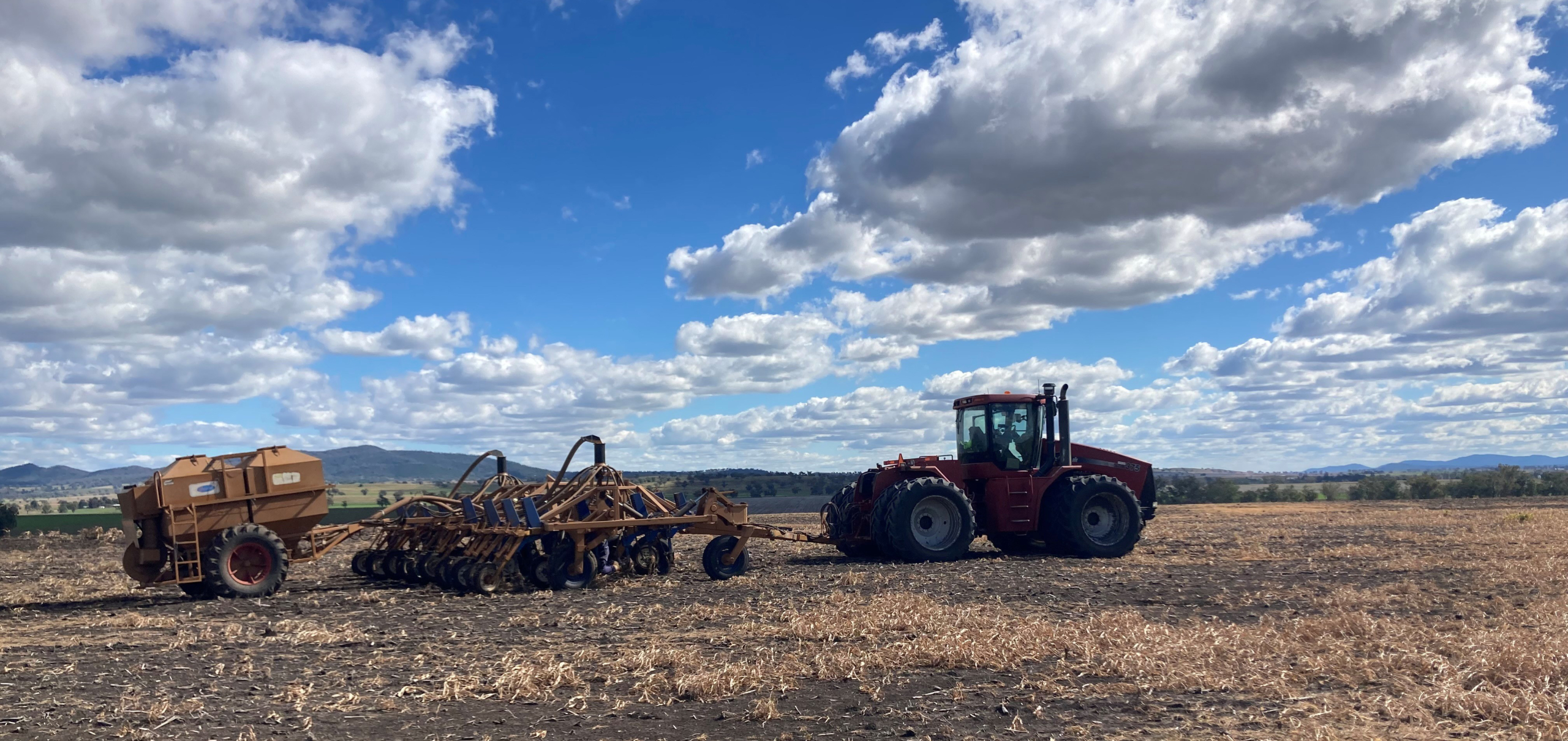U.S. Wheat Associates (USW) Director of Trade Policy Peter Laudeman recently returned from Australia, where he joined members of that country’s wheat and grain industries in discussions on plant breeding innovations and other issues ripe for collaboration.
Laudeman attended an international conference in Canberra focused on the research and regulatory landscape of gene-edited crops and implications for international trade.
“As we look to the future potential for gene editing to substantially benefit wheat production, it will be critical that our mutual exporting countries, and customer bases, enable trade in products derived from these technologies,” Laudeman said. “Similar to the U.S., many research efforts for gene editing in wheat are still early in their progress in Australia and will take some time to reach their full potential.”

Laudeman pointed out that the U.S. has been one of the early global leaders in advancing updated biotechnology regulations to cover gene editing. From USW’s perspective, the hope is that the U.S. system will be a learning experience for the rest of the world in managing the pros and cons that have come out of our updated regulations.
In addition to gene editing, Laudeman also engaged the Australians on the potential for GMO wheat to come to the global market. Bioceres, the company seeking to champion their HB4 drought tolerant GMO wheat globally, has indicated that both the U.S. and Australia may be among the first global wheat exporters outside of Argentina to potentially work with the technology.
Outside of plant breeding innovations, there are additional collaboration opportunities with Australian industry when it comes to non-tariff barriers to trade. Historically, tariffs were the primary trade policy challenge for wheat exporting countries, but increasingly, non-tariff barriers have been the more substantial area of concern.
“These non-tariff barriers often impact exporters globally in similar ways,” Laudeman explained. “Being able to collaborate with another major global wheat exporter to ensure consistent, science-based trade is a major opportunity for USW to address longstanding barriers, such as China’s implementation of their wheat tariff-rate-quota (TRQ) system or Turkish flour dumping on the global market.”
Similarly, as sustainability continues to dominate conversations around the world, partnering with like-minded countries to ensure science-based access to essential technologies will be critical to pushing back against regulatory overreach that can effectively become a barrier to trade, Laudeman noted.
Laudeman was able to tour farms in Australia and learn about how farmers in the region approach planting and harvest seasons. He was also able to see how they are using new technologies in their fields.
“The USW policy team will continue to explore these collaboration opportunities to leverage global partnerships that drive more opportunities for U.S. wheat exports around the world,” he said.


